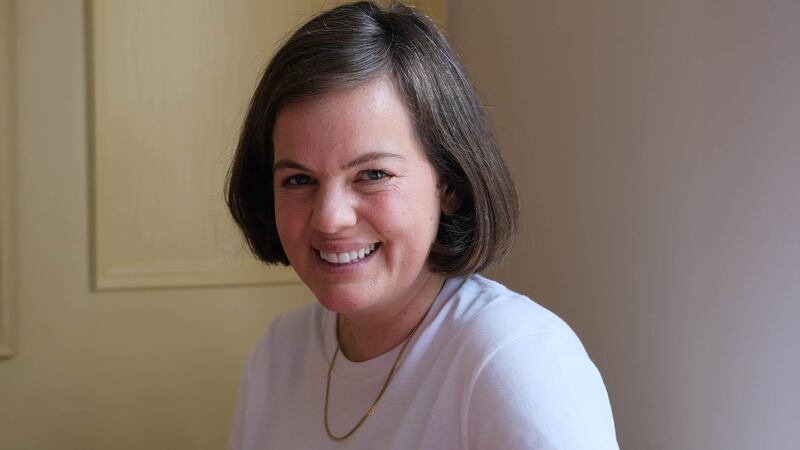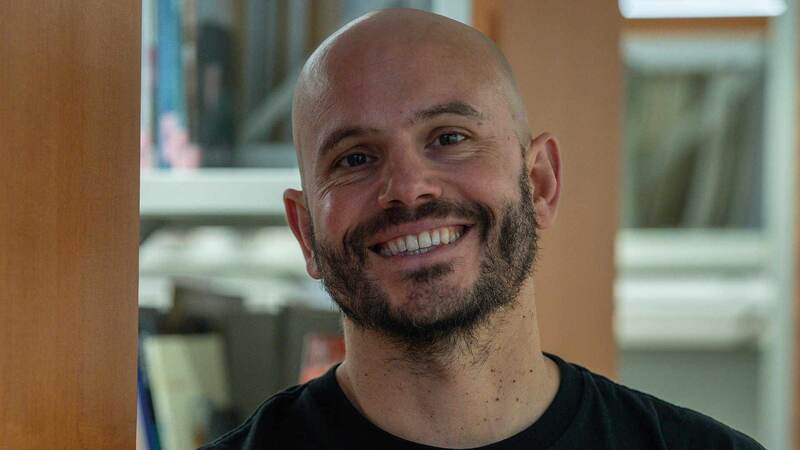You are viewing your 1 free article this month. Login to read more articles.
Critics note 'determinedly unstarry' Man Booker candidates
Critics have branded 2016's Man Booker shortlist "determinedly unstarry", as one of the few household names on the longlist, JM Coetzee, was ejected from the running, with all eyes on Graeme Macrae Burnet from "tiny" publisher Contraband.
Burnet, Paul Beatty, Deborah Levy, Ottessa Moshfegh, David Szalay and Madeleine Thien were shortlisted for this year's Man Booker Prize yesterday (13th September) and praised by the judges for their ability to "champion the unconventional, to explore the unfamiliar, and to tackle difficult subjects".
The Telegraph asked "where is JM Coetzee’s The Schooldays of Jesus?", while books editor for the Guardian Claire Armistead also wrote yesterday (14th September), "If prizes are about boosting the book trade then the Booker prize shortlist is not a good one: determinedly unstarry in the first place, it has jettisoned even those namecheck authors who had made the longlist."
While the judges kept shtum on their reasoning for rejecting Coetzee, judge and actor Olivia Williams hinted her views: "Can we say the words 'part of a trilogy?'" Coetzee's The Schooldays of Jesus is the sequel to his 2013 novel The Childhood of Jesus, and had already won the prize twice, first in 1983 for Life & Times of Michael K (Vintage) and again with Disgrace (Vintage) in 1999. The judges were resolute that 'big names' were not a deterrent in any way, but, having seen the shortlist, were glad to usher in the "household names of the future".
Many, including the Herald Scotland and Evening Standard, drew most attention to the shortlisting of Scottish writer Graeme Macrae Burnet's His Bloody Scotland, published by a "tiny company" in Glasgow, because, as Armistead notes, "Everyone loves a David and Goliath story."
In an interview with Herald Scotland, the author commented being longlisted had "felt like a win", although he had "certainly hoped" it would make it through to the shortlist.
The www.thetimes.co.uk/article/man-booker-lightens-load-with-very-short-list-dfmqdxb00">Times focused on the average extent of books on the shortlist, as did the Telegraph in a piece called "Death of the doorstop", which it noted has fallen by a fifth to 336 pages. Madeleine Thien’s 480-page Do Not Say We Have Nothing is the longest book shortlisted. Fiction buyer for Waterstones, Chris White, said this could be good for business. “It’s easier to persuade someone to buy a shorter 400-page book than an 800-page one,” he said.
Some controversy surrounded the listing of Szalay's All That Man Is. Anthony Cummins for the Telegraph noted, “If Szalay won, might it pave the way for the Man Booker prize to relax its rules still further: after all, if Americans can compete, why not story collections?”
“Doubts” were also raised by the Telegraph over the shortlisting of Eileen by Moshfegh as a “one-read shock”. "I fell hard for this tale of an old woman’s memories of how she came to be caught up in crime during her miserable New England youth. I still think it has a brilliant structure but the book is a one-read shock,” Cummins wrote.


















